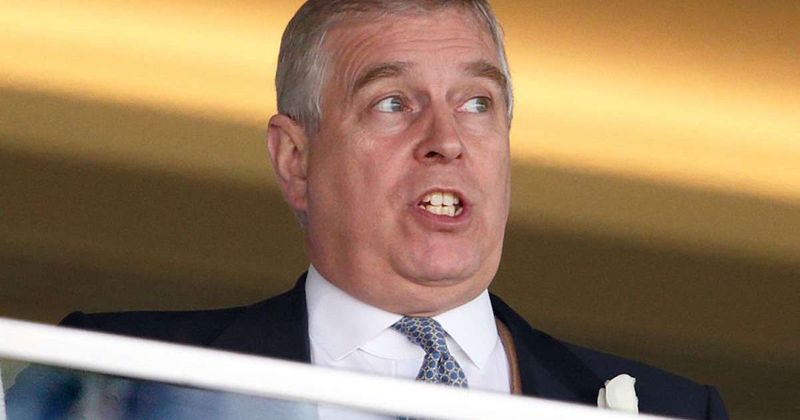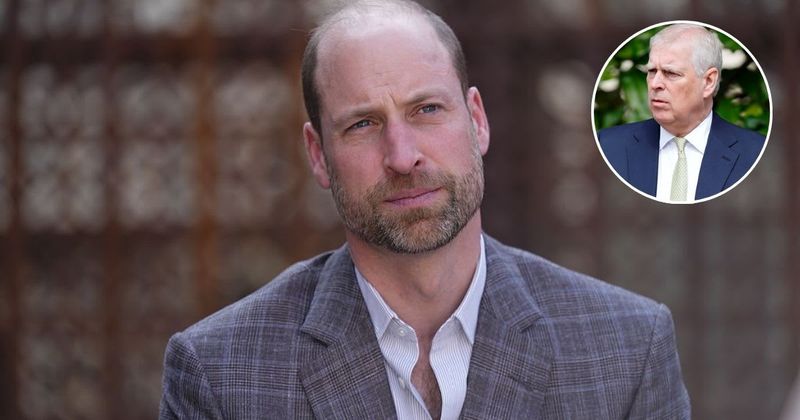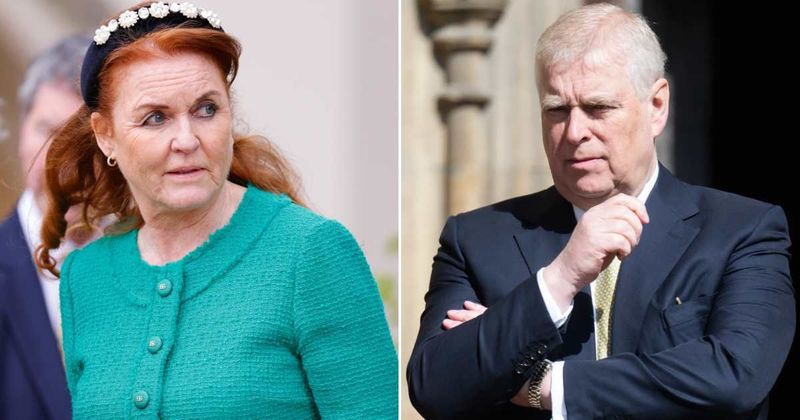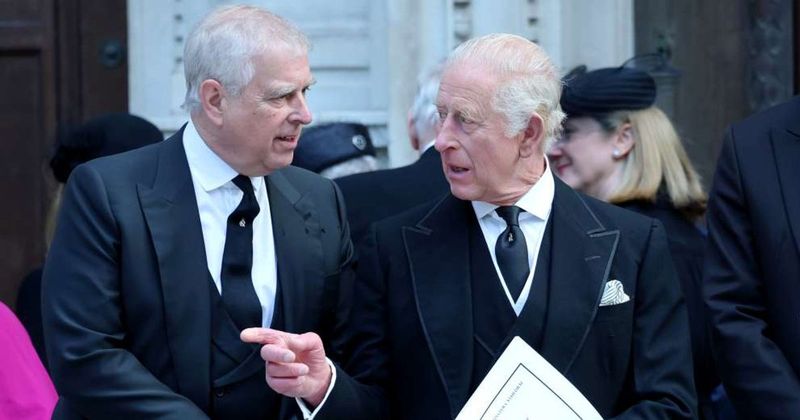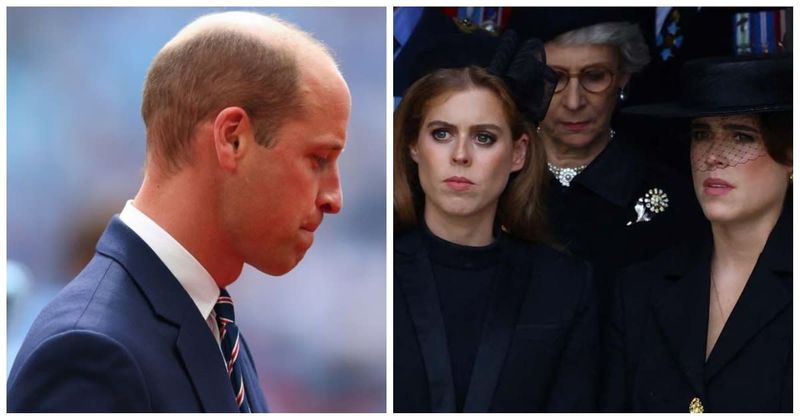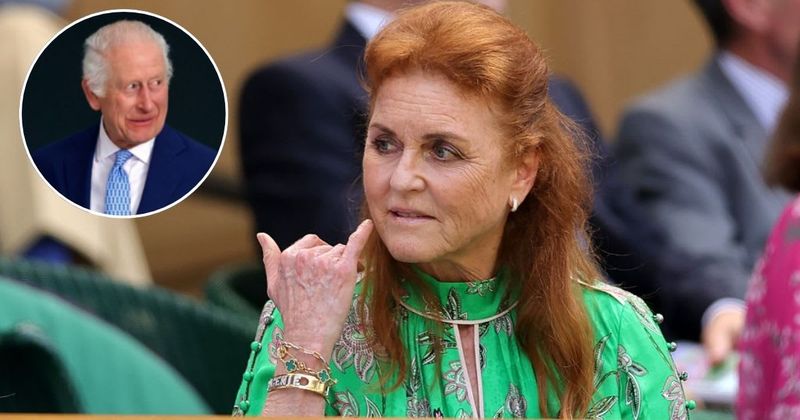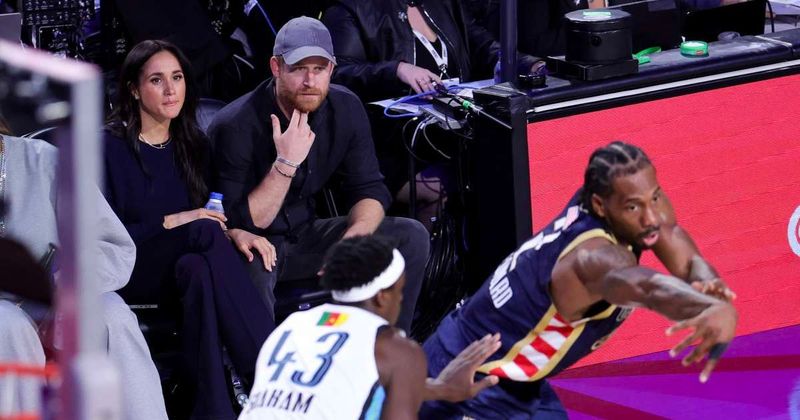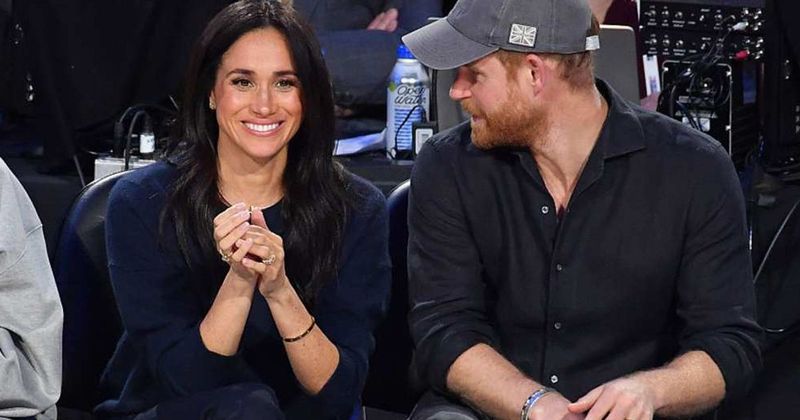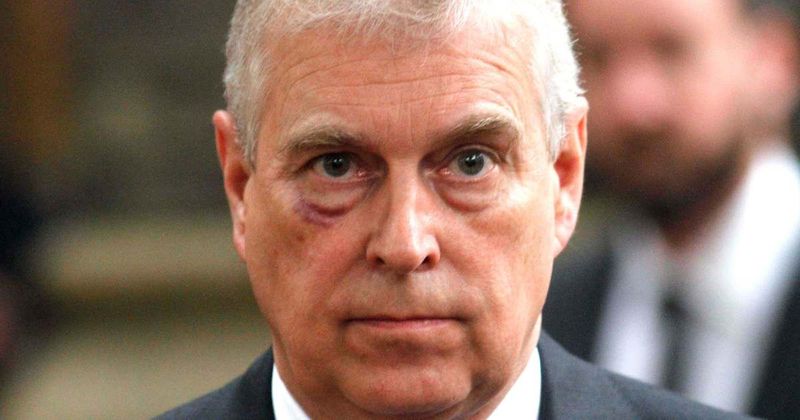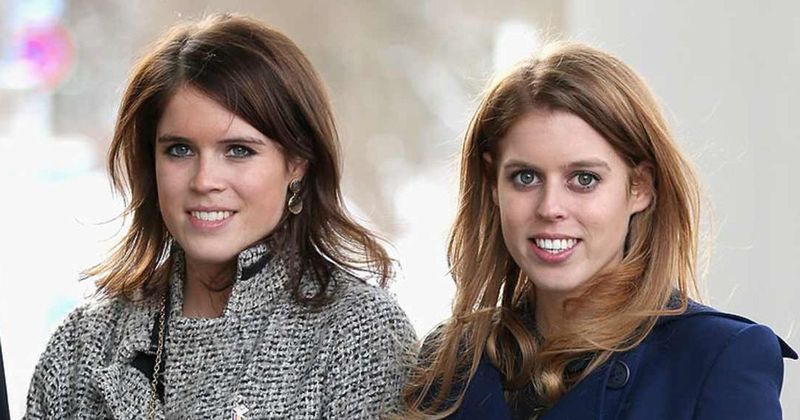Andrew, Harry and Meghan Share a Common Character Trait That Is Costing Them Public Support
According to William Sitwell’s column for The Telegraph, all three royals failed to grasp a key lesson of monarchy.
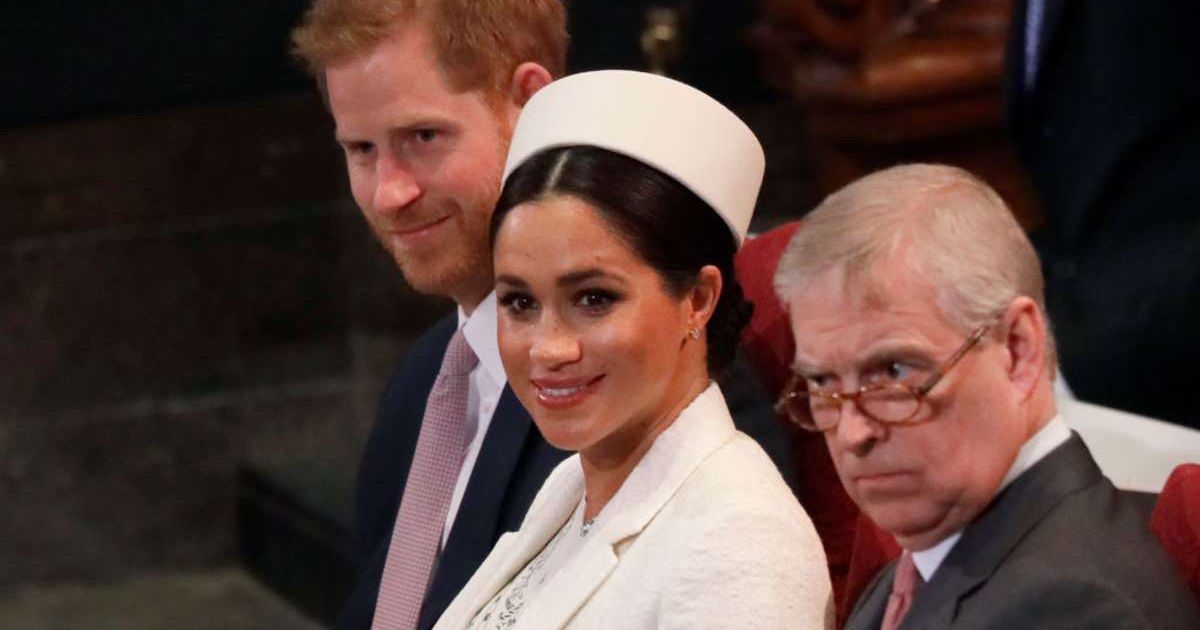
The royal family has always treated silence as strength, and visibility often as a liability. Yet Andrew Mountbatten Windsor, Prince Harry, and Meghan Markle have always stayed in the spotlight for all the wrong reasons. Each, in different ways, has mistaken attention for relevance, and that obsession has allegedly put them at odds with the values that tend to define the monarchy. The family's power comes from steadiness, predictability, and, yes, a 'touch of dullness.' If there’s one thing that has long kept the monarchy afloat, it’s knowing when not to try too hard.

Royal commentator William Sitwell argued in The Telegraph that dignity is precisely what three of the most talked-about royals, Mountbatten Windsor, Harry, and Markle, have failed to understand. Sitwell reflected on the essence of royalty through what could only be described as a comedy of errors. Referencing actor Harry Enfield, who has spent years lampooning the royals in Channel 4’s The Windsors, he noted how even the comedian has grown to appreciate the monarchy’s stability. Enfield told The Telegraph that he became 'a monarchist' the day Liz Truss was elected, realizing that the country was lucky to have a head of state "who just says things we all agree with, like ‘At this time of year it’s frightfully cold, isn’t it?’" Sitwell, citing the joke, wrote, The monarchy’s strength lies in being a "constant, reassuring and reliably dull presence."
That, he argued, is what certain members of the family never quite grasped. Mountbatten Windsor, for one, was never really satisfied with the ceremonial grind. "It’s this humdrum plodding, opening of stuff, looking at things, patting on backs, and knighting inspiring footballers that Andrew Windsor didn’t quite get," Sitwell wrote. He, the expert, opines, wanted so much more than just being a royal figurehead. He allegedly fancied himself a global operator, hosting power lunches and networking his way through high society. In doing so, he blurred the lines between duty and indulgence, a pursuit that eventually led him into infamy through his ties with Jeffrey Epstein.

As for the Sussexes, Sitwell suggested, they are on the same path and made a similar mistake, albeit for different reasons. They weren’t chasing deals or influence in boardrooms but validation in the court of public opinion. Markle’s craving for the spotlight and Harry’s growing frustration with the royal protocols ended up creating a combustible mix. "She presented that most un-royal of temperaments, which was to crave the spotlight," he wrote, adding that Harry, "loyal to his angsty and egotistical wife, got a bee in his bonnet about the family’s internal politics."

Sitwell has tried making a point with the base of his argument being, the job of the monarchy is to ‘mirror’ and not to ‘lead.’ "At their best, they reflect the national mood — sympathizing with us when we’re down, and cheering us further when we’re up," he wrote. Royals who understand this, King Charles, Queen Camilla, Prince William, and Kate Middleton, were able to embody that presence that keeps the public attached to the institution. Sitwell further makes a very tongue-in-cheek observation, stating that the monarchy’s role, he said, is to be 'as dully (but pleasantly) as possible.’

